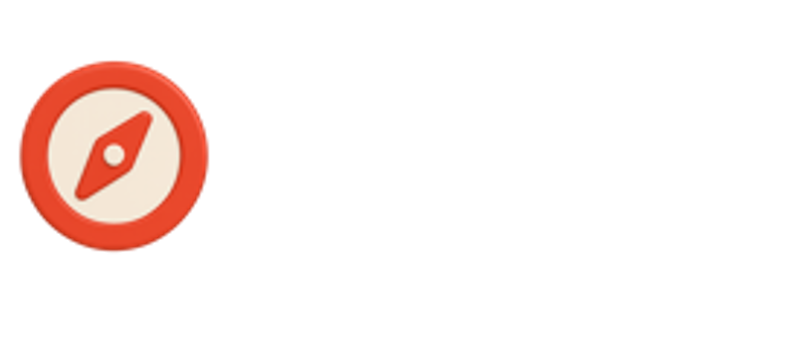Site will be available soon.
Readers of the EU AI Act Playbook:
Please download a newer version at https://grundwissen-ki-recht.de/das-eu-ai-act-playbook.
Newer versions no longer contain links to the EU AI Act standards on this portal.
They refer to https://artificialintelligenceact.eu/

